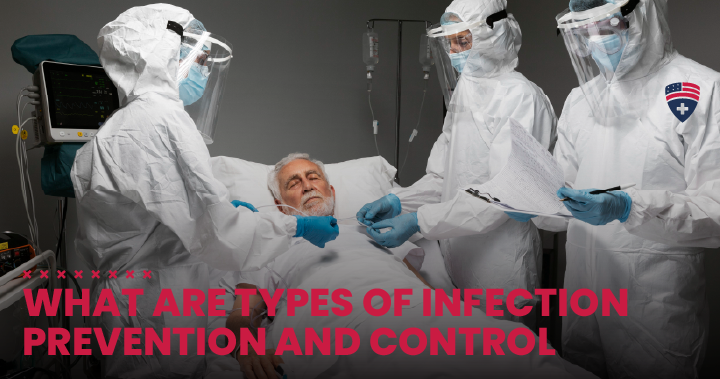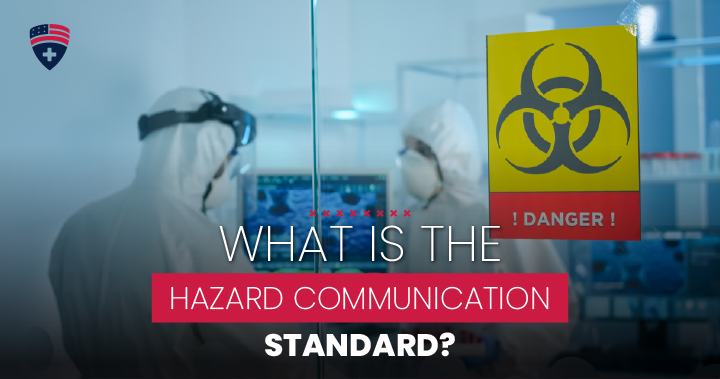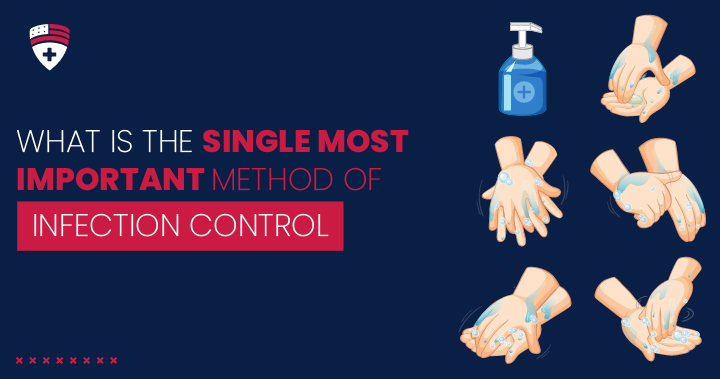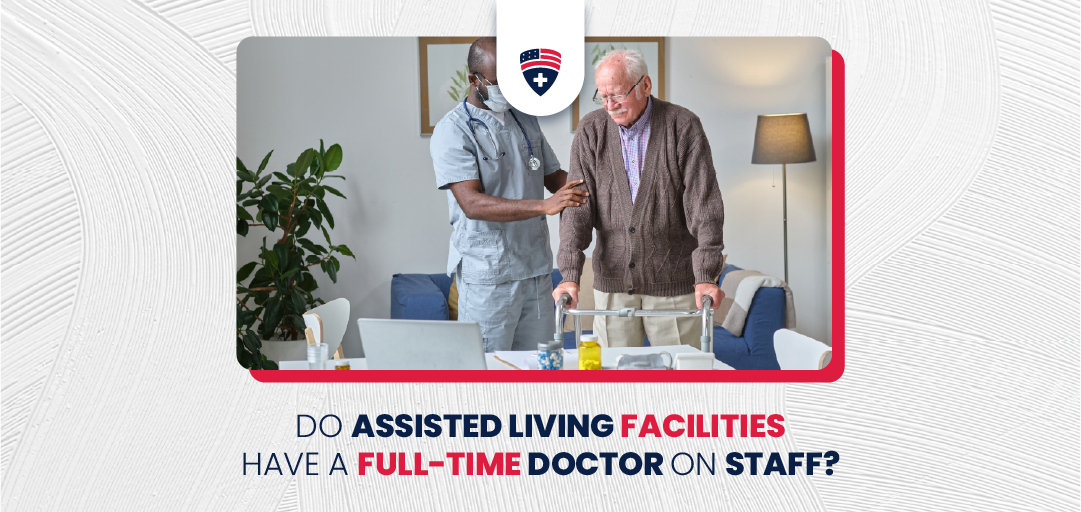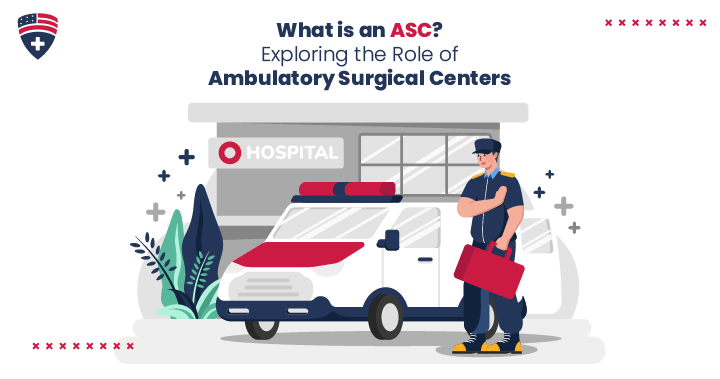
What is an ASC? Exploring the Role of Ambulatory Surgical Center
What does ASC stand for in healthcare?
ASC stands for Ambulatory Surgical Center in healthcare. ASCs are places where medical procedures that don’t require an overnight stay. Patients have their procedure and then go home on the same day.
Thus, Ambulatory Surgical Center are usually independent medical facilities or part of larger healthcare organizations. These centers offer shorter wait times, lower costs, and less infectious disease risk than hospitals.
American Healthcare Compliance eLearning helps you meet federal and state requirements. We will set clear rules to reduce germ spread and ensure everyone uses safety gear correctly.
If you want more information about AHC training solutions you can contact us.
Let’s look into details about What is an ASC? Exploring the Role of Ambulatory Surgical Center.
Ambulatory Surgery Center Definition
Ambulatory surgical center performs outpatient surgeries so patients can go home the same day.
Ambulatory surgical centers are health care facilities focused on providing cutting-edge technology and skilled surgeons, nurses, and anesthesiologists to provide safe and effective surgery.
Patient selection criteria for ambulatory surgery
According to NHI, choosing patients for outpatient surgery is complex and varies. Factors include the type of surgery, patient’s health, anesthesia type, and ambulatory setting.
There are also social factors that can affect the choice of a patient, such as the availability of a responsible person to care for the patient at home. Considering criteria such as:
- Depending on the patient’s ASA classification
- Comorbid disabilities
- Physical examination
- Social support system
The selection process reduces exposure to adverse events and ensures patient safety during and after surgery.
Let’s talk about the benefits of Ambulatory surgical center.
The Role of Ambulatory Surgical Centers
- Convenience:
ASCs are convenient for patients because they let them have surgery without staying in the hospital overnight.
Patients can choose the best time for their procedures and go home the same day, which keeps their daily lives as normal as possible.
People who are busy or live far away from hospitals will benefit the most from this convenience factor.
- Cost-Effectiveness:
One of the best things about ASCs is that they are more cost-effective than regular hospitals.
Studies have shown that surgeries at ASCs are often much less expensive, saving money for patients and healthcare systems.
It is because of lower overhead costs, faster recovery times, and better use of resources.
- Quality of Care:
ASCs prioritize safety and quality care, despite offering lower costs. Accreditation standards from AAC and CMS ensure strict adherence to rules. Specializing in certain procedures allows ASCs to provide patients with specialized and expert care.
- Advanced Technology:
ASCs use cutting-edge surgical tools and technology for fast, precise procedures. From minimally invasive techniques to robotic surgery, they ensure better outcomes. Patients benefit from the latest treatments due to this focus on innovation.
- Patient Satisfaction:
ASCs prioritize patient needs, ensuring high satisfaction levels. From arrival to follow-up, they focus on comfort and communication. Patients appreciate personalized care and easy appointment scheduling. Close contact with doctors is valued by ASC patients.
Medicare Makes Facility Payments to ASCs
Medicare is the US government health insurance program. Medicare pays Ambulatory Surgical Center (ASCs) for surgeries that do not require hospitals. These payments cover various costs associated with providing surgical care in ASCs.
Medicare reimbursement for ASCs:
- Once an outpatient surgery is done, Medicare pays ASCs back for the facility fees.
- These payments pay for things like supplies, equipment, upkeep for the building, and salaries for staff.
ASC Reimbursement Rates:
- The Medicare fee schedule tells us how much to pay for ASC services.
- Most of the time, the rates are lower than those for the same procedures done in outpatient departments of hospitals
Qualifications for Medicare Reimbursement:
- To get Medicare to pay for ASCs, they must meet certain requirements and follow their quality standards and rules.
- Compliance makes sure that ASCs give Medicare recipients safe and effective care.
Submitting Claims:
- ASCs must follow standard billing procedures when sending claims to Medicare to get paid back.
- When you bill correctly, you get paid for your services.
Importance of Medicare Payments to ASCs:
- Medicare payments to ASCs make sure that Medicare beneficiaries can get outpatient surgery.
- These payments enable ASCs to provide high-quality, low-cost care.
In Conclusion
Ambulatory Surgical Center ASCs are vital in modern healthcare because they offer easy, affordable, and top-notch surgery.
They prioritize patients, use advanced technology, and adhere to strict standards to enhance outcomes.
By performing safe outpatient surgeries, ASCs make healthcare more accessible and cost-effective.
FAQs
What is the purpose of an ambulatory surgery center (ASC)?
An ASC’s main purpose is to make outpatient surgery easy. ASCs offer high-quality surgery without overnight stays, lowering costs and improving patient satisfaction.
What does the ASC do?
ASCs perform many outpatient surgeries, allowing patients to return home the same day. These centers offer safe, effective surgery with cutting-edge technology and skilled staff.
Who can own an ambulatory surgical center?
Physicians, hospitals, healthcare systems, or investors can own ambulatory surgery centers. State laws and business models affect ownership structures.
What is ambulatory surgery center growth?
Value-based care, favorable reimbursement policies, and medical technology advancements drive ASC growth. These factors increase outpatient procedures and ASC growth.

